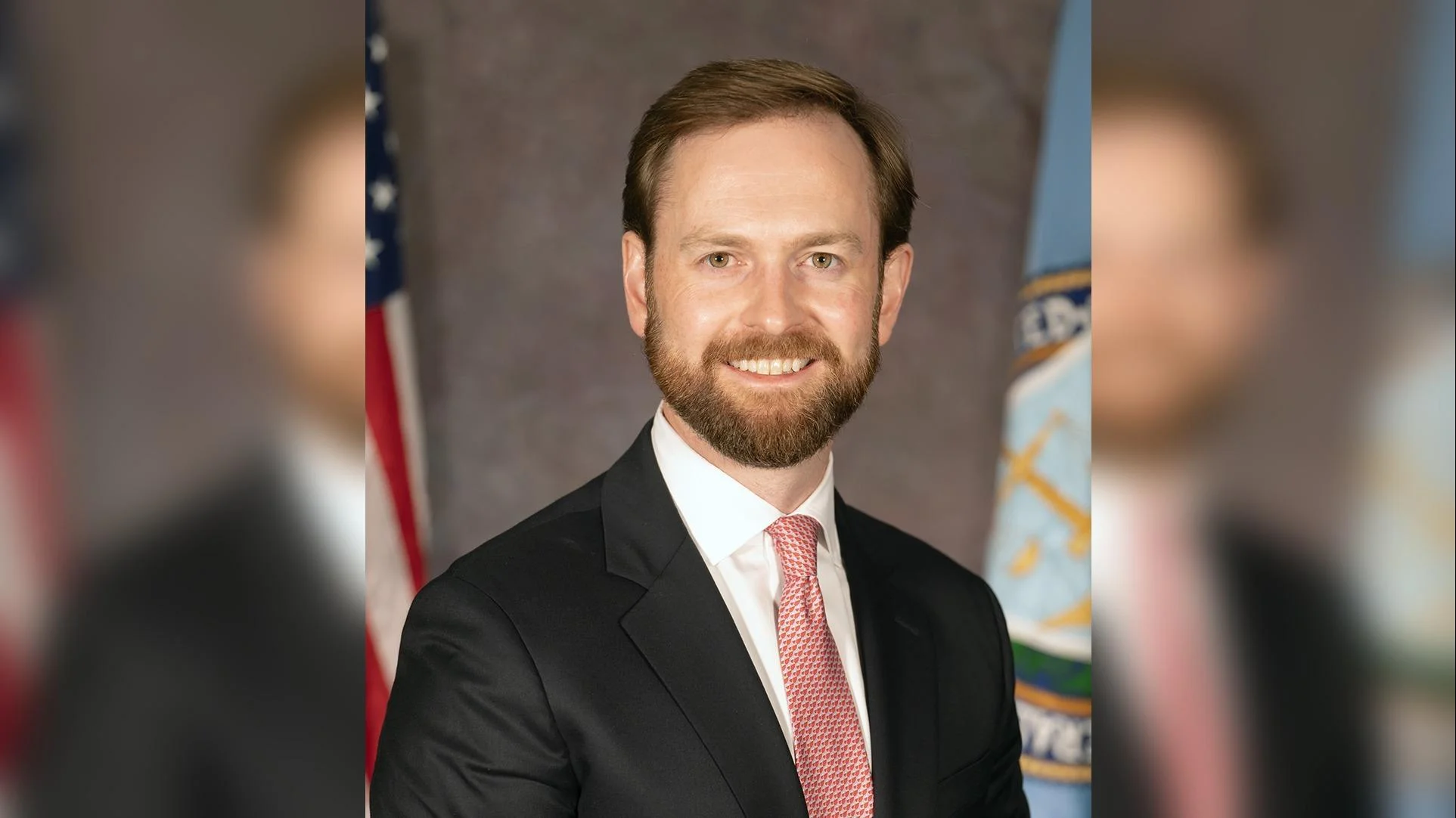The Federal Trade Commission (FTC) has reached a settlement with Amazon.com, Inc., along with Senior Vice President Neil Lindsay and Vice President Jamil Ghani, following allegations that the company enrolled millions of consumers in Prime subscriptions without their consent and made it difficult for them to cancel. Under the terms of the agreement, Amazon will pay a $1 billion civil penalty and provide $1.5 billion in refunds to affected consumers.
FTC Chairman Andrew N. Ferguson stated, “Today, the Trump-Vance FTC made history and secured a record-breaking, monumental win for the millions of Americans who are tired of deceptive subscriptions that feel impossible to cancel. The evidence showed that Amazon used sophisticated subscription traps designed to manipulate consumers into enrolling in Prime, and then made it exceedingly hard for consumers to end their subscription. Today, we are putting billions of dollars back into Americans’ pockets, and making sure Amazon never does this again. The Trump-Vance FTC is committed to fighting back when companies try to cheat ordinary Americans out of their hard-earned pay.”
According to the FTC, Amazon and several executives knowingly misled millions of consumers into signing up for Prime by using confusing user interfaces. The agency also found that Amazon created complex cancellation processes intended to discourage customers from ending their subscriptions. Internal documents revealed that company employees discussed these practices with comments such as “subscription driving is a bit of a shady world” and leading consumers to unwanted subscriptions is “an unspoken cancer.”
This case marks only the third time the FTC has obtained a civil penalty under the Restore Online Shoppers’ Confidence Act (ROSCA). The $1 billion civil penalty is the largest ever related to an FTC rule violation, while the $1.5 billion consumer redress provides relief for approximately 35 million people affected by unwanted enrollments or deferred cancellations.
The settlement requires Amazon to implement changes including:
- Providing a clear option for customers to decline Prime membership.
- Disclosing all material terms during enrollment, such as costs, charge dates and frequency, auto-renewal status, and cancellation procedures.
- Ensuring cancellation can be completed easily through the same method used for enrollment.
- Paying for an independent supervisor to monitor compliance with refund distribution.
The FTC Commissioners approved the final order unanimously in a 3-0 vote before filing it in U.S. District Court for the Western District of Washington.
Stipulated final orders become legally binding once signed by a district court judge.
The FTC continues its mission to promote competition and protect consumers from unfair business practices.





